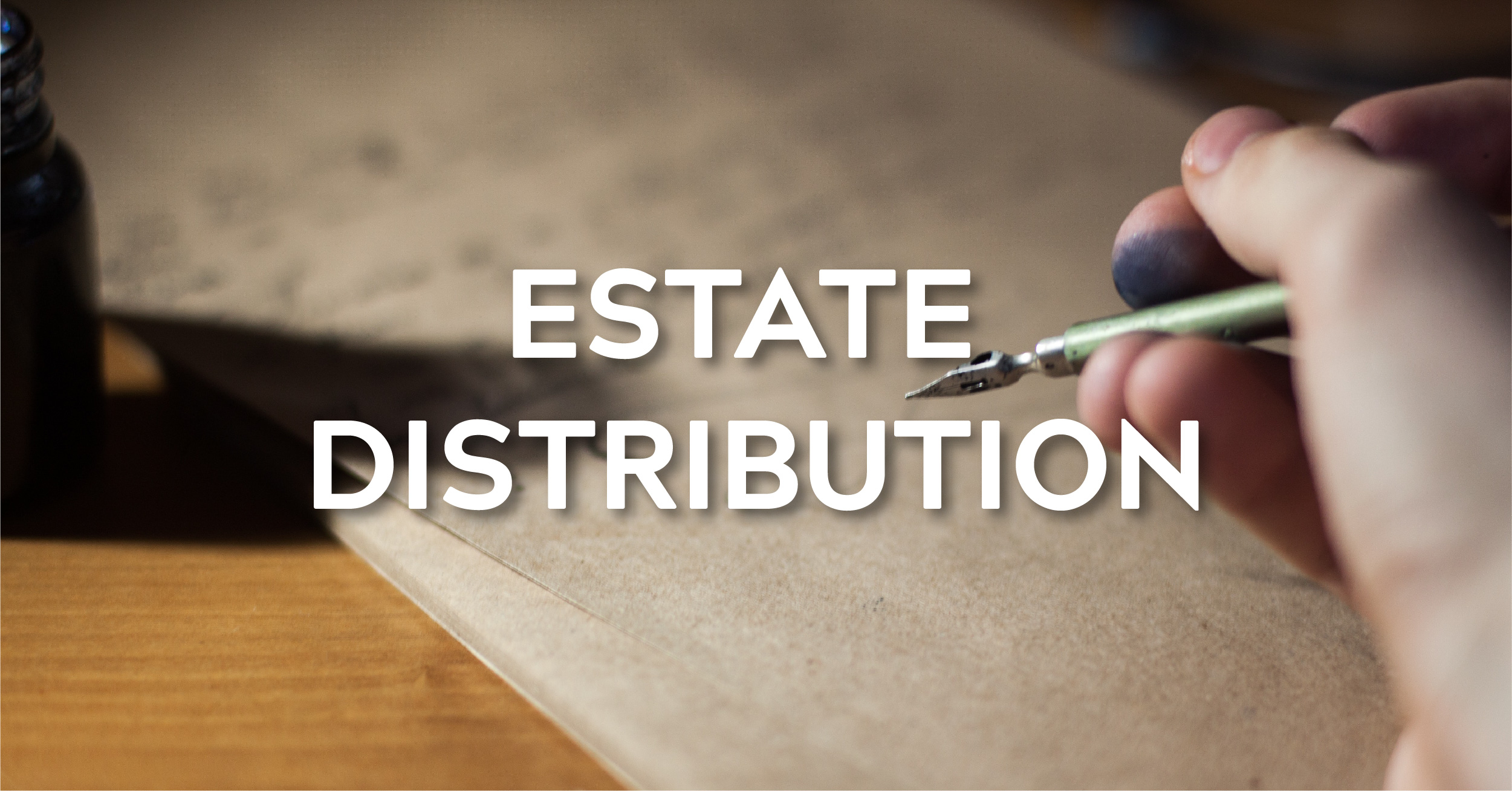Have you ever wondered how Estates are distributed and what the difference is with a Will and without a Will?
An estate is someone’s property, possessions and/or other personal items. A will is a legal document which states who will inherit the estate and how it will be shared.We have outlined some points as to how estates are distributed either with a will or without a will. Please keep in mind that any questions with regards to legal wills and estate matters, should always be directed to a lawyer.
Estate with a Will
When a person has a will, the estate is normally distributed according to the directions in the will. The first paid expenses are funeral and burial, the remainder is then distributed.
However, there have been times when a will does get challenged and the law takes precedence over the wishes of the deceased person.
In the following instances, you should check with a lawyer, if the deceased person:
- Has a surviving spouse or dependent, the deceased’s money and property may first go to those people before anyone else.
- Has money and property that is jointly owned with another person or has a designated beneficiary (e.g. an insurance policy or joint bank account), it may pass directly to the survivor on the death of the joint owner.Got married after they wrote the will, the will may become completely invalid
- Got divorced after they wrote the will; parts of the will may become invalid.
- Beneficiaries in the will are no longer alive, then rules are different depending on the relationship between the person who died and the beneficiaries’ survivors
Estate Without a Will
When a person dies without a valid will, called “intestate”, Ontario’s Succession Law Reform Act sets out how the estate should be distributed.
According to the act, unless someone who is financially dependent on the deceased person makes a claim, the first $200,000 is given to the deceased person spouse. Anything over $200,000 is shared between the spouse and the descendants (i.e. children, grandchildren). It then works itself down the hierarchy line.
- No spouse; the deceased children will inherit the estate.
- No children; the deceased grandchildren will inherit parents’ share.
- No spouse/children/grandchildren; the deceased person’s parents inherit the estate equally.
- No parents; then the brother and sisters will inherit the estate equally.
- No brother and sisters; then nieces and nephews will inherit the estate equally.
For more distant relatives, the rules are more complex and you should speak to a lawyer.

